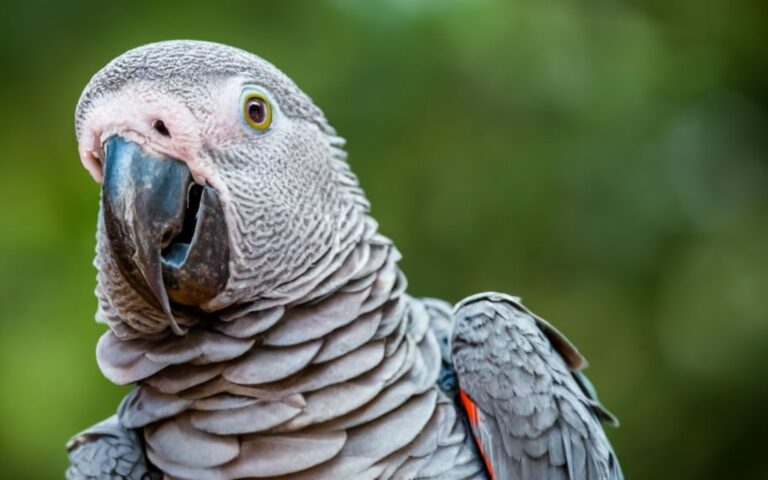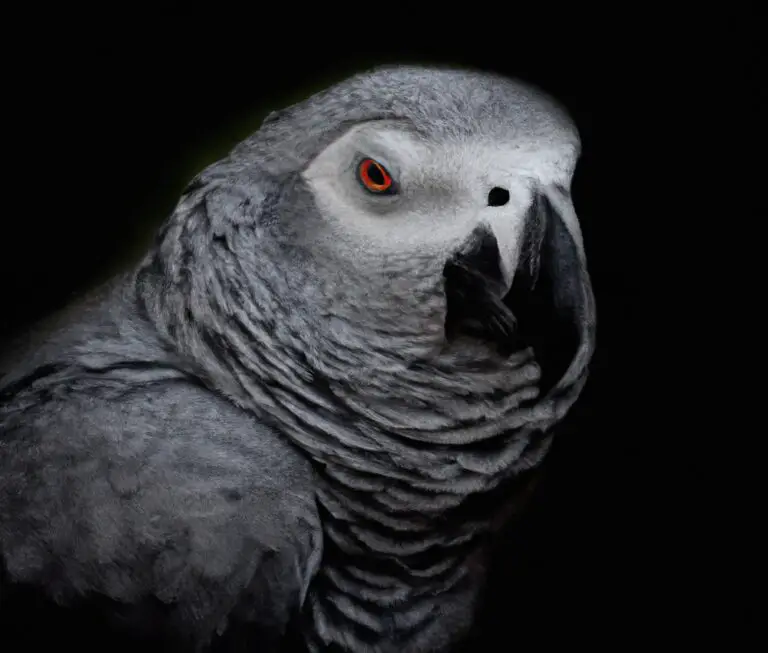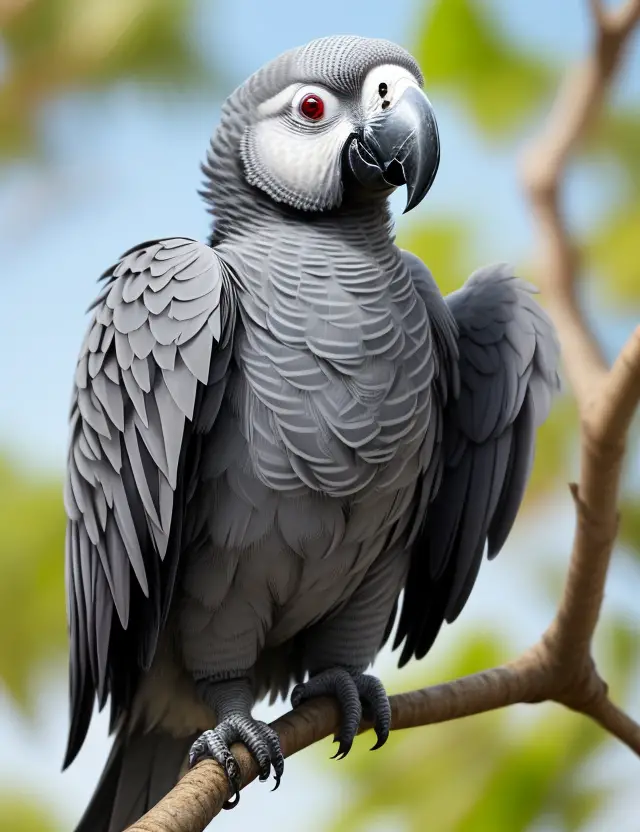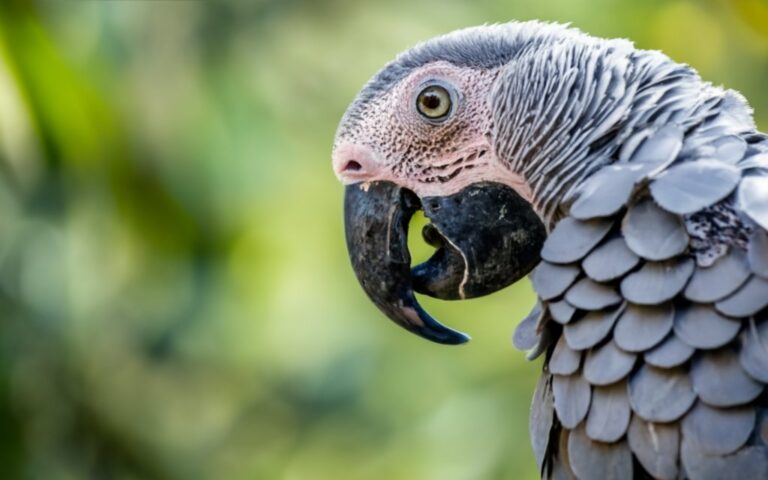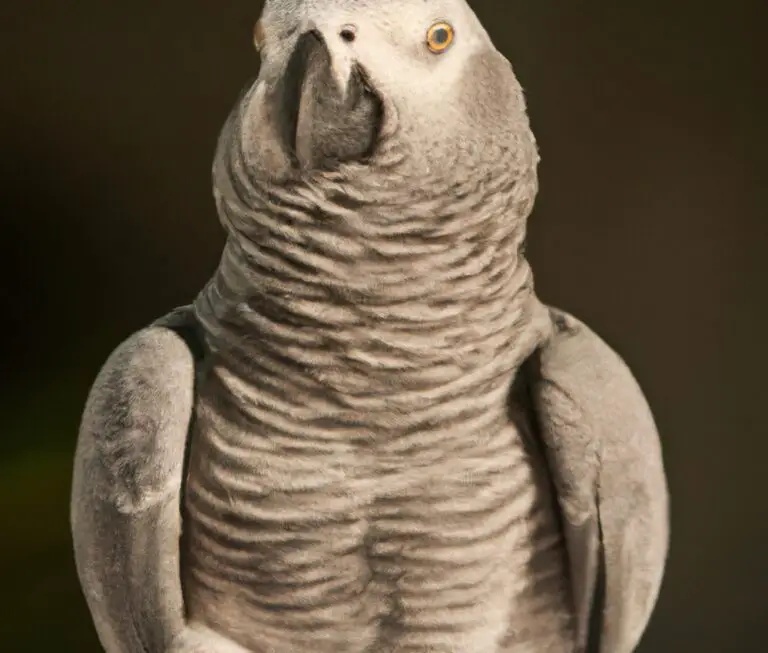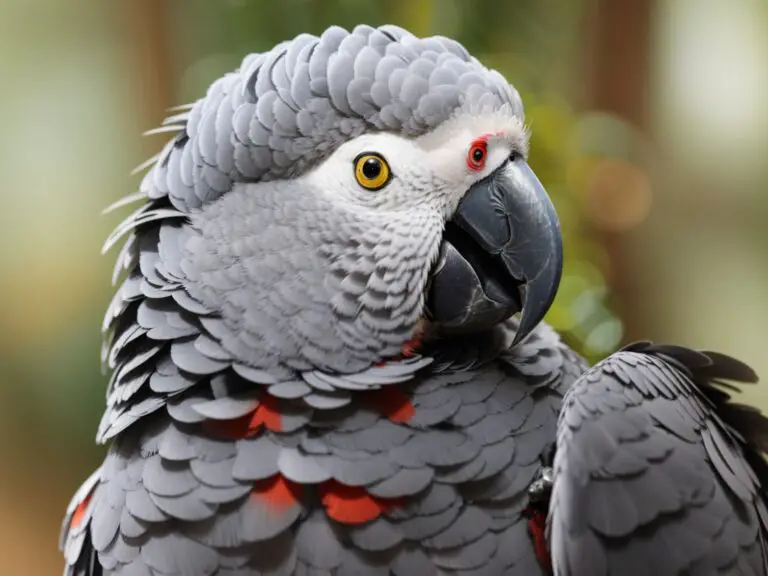Can African Grey Parrots Eat Cheese?
Key Takeaways:
- African grey parrots should not be fed cheese as it is not a part of their natural diet.
- Cheese can be harmful to African grey parrots due to its high fat and lactose content.
- Feeding cheese to African grey parrots may lead to digestive issues and obesity.
- It is important to provide African grey parrots with a balanced diet that consists of their specific nutritional needs.
Are you a proud owner of an African Grey Parrot? If so, you know just how fascinating and intelligent these birds are.
But when it comes to feeding them, you may have questions about what is safe and nutritious.
One common query is whether African Grey Parrots can eat cheese. In this article, we will dive into the digestive system of these beautiful birds, explore their nutritional needs, and address the potential risks of feeding cheese to them.
So, if you want to ensure the health and happiness of your African Grey Parrot, keep reading to find out if cheese should be on their menu!
| Food | Can African Grey Parrots Eat? |
| Cheese | No |
African Grey Parrots: A Fascinating Species
African Grey Parrots are an incredibly fascinating species with unique characteristics and behaviors.
Their intelligence, ability to mimic human speech, and social nature make them a popular choice as pets.
Brief Introduction to African Grey Parrots
African Grey Parrots are fascinating birds known for their intelligence and ability to mimic human speech.
They have a sleek gray plumage, captivating bright red tail, and striking yellow eyes.
These parrots are native to the rainforests of West and Central Africa.
They are highly social and require mental stimulation and companionship.
With proper care and attention, African Grey Parrots can make wonderful pets and lifelong companions.
Native Habitat and Diet of African Grey Parrots
African Grey Parrots are native to the rainforests of West and Central Africa. They thrive in dense, tropical forests with plentiful food sources like nuts, fruits, seeds, and vegetation.
In the wild, their diet primarily consists of a variety of fruits, such as bananas, oranges, and apples, as well as nuts like walnuts and almonds.
They also consume leafy greens, flowers, and the bark of certain trees for added nutrients. It’s crucial to replicate their natural diet as closely as possible when caring for them in captivity.
Nutritional Needs of African Grey Parrots
African Grey Parrots have specific nutritional needs to thrive. They require a balanced diet that includes high-quality pellets, fresh fruits and vegetables, and a moderate amount of seeds and nuts.
It’s important to avoid foods high in fat, sugar, and sodium, as well as toxic foods like chocolate and avocados.
Providing a variety of foods will ensure they receive essential vitamins, minerals, and nutrients. Consulting with an avian veterinarian can help you create a suitable diet plan for your African Grey Parrot.
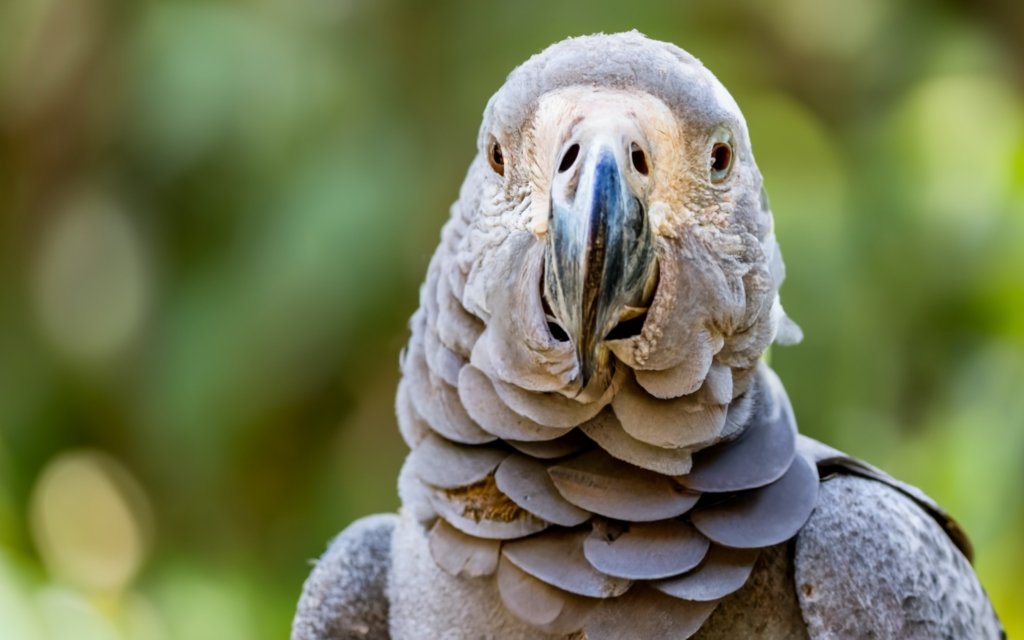
The Cheese Conundrum: Can African Grey Parrots Eat Cheese?
Curious about whether African Grey Parrots can eat cheese?
Let’s dive into the cheese conundrum and find out!
Understanding the Digestive System of African Grey Parrots
The digestive system of African Grey Parrots is designed to efficiently process and extract nutrients from their food. They have a specialized crop where food is stored and moistened, and a muscular gizzard that grinds the food.
Their long intestines absorb nutrients, while their ceca help in digesting fiber.
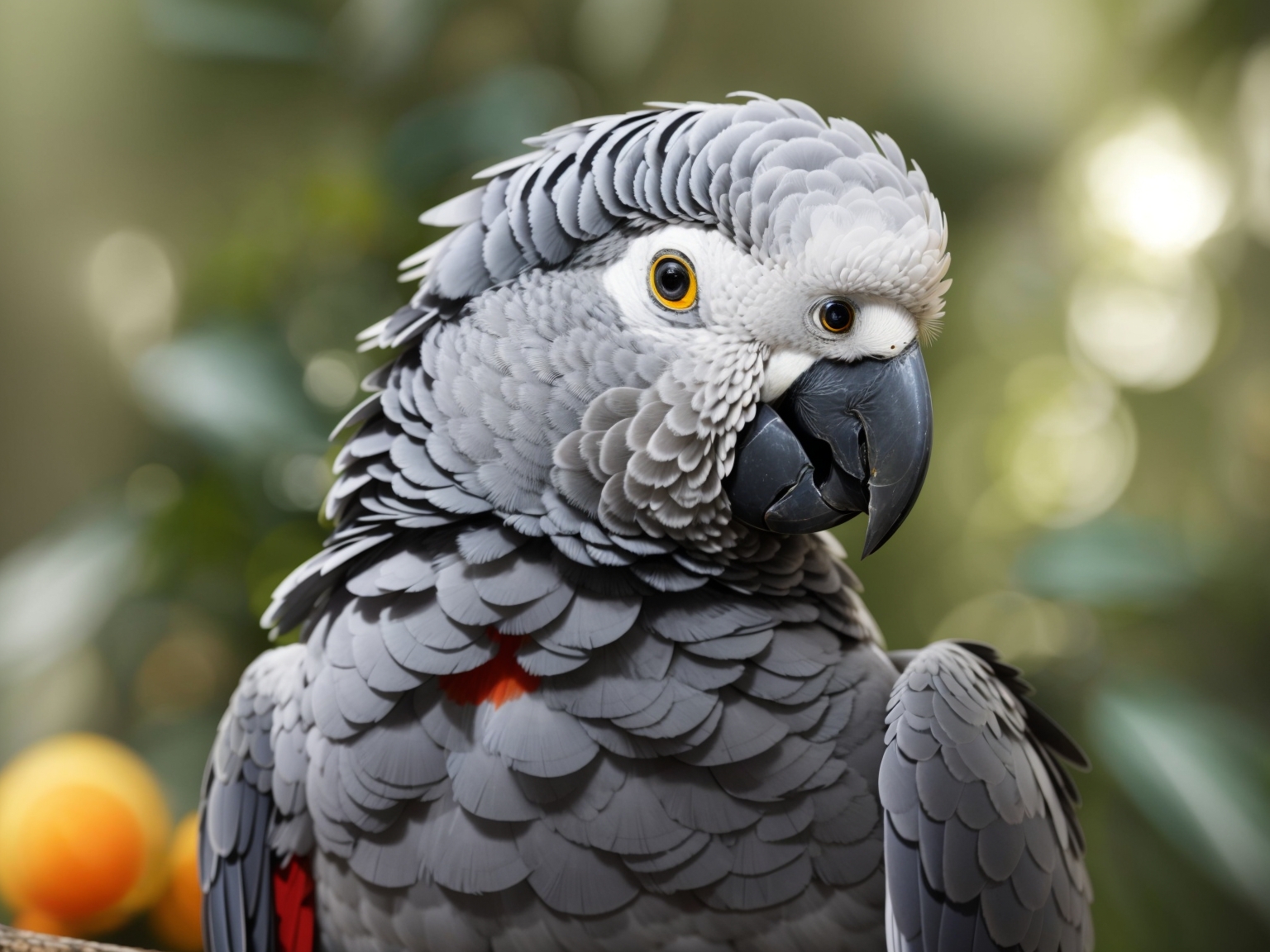
Foods to Avoid Feeding African Grey Parrots
Foods to avoid feeding African Grey Parrots include:
- Avocado: It contains a toxin called persin, which can be harmful to parrots.
- Chocolate: Contains theobromine, which is toxic to birds and can lead to serious health issues.
- Alcohol: It can cause liver damage, neurological problems, and even be fatal for parrots.
- Caffeine: Found in coffee, tea, and some sodas, it can overstimulate a parrot’s nervous system.
- Onions and garlic: These foods can cause anemia in parrots.
- High-fat and processed foods: These can lead to obesity and other health problems.
- Salty foods: Excessive sodium intake can be harmful to parrots.
- Sugary foods and treats: They can cause weight gain, diabetes, and other health issues.
Remember, it’s crucial to provide a balanced diet for your African Grey Parrot to ensure its well-being and longevity.
Is Cheese Safe for African Grey Parrots?
No, cheese is not safe for African Grey Parrots.
Cheese is high in fat and sodium, and can cause digestive issues and potentially harm their health.
It’s best to stick to their natural diet and avoid feeding them cheese or other dairy products.
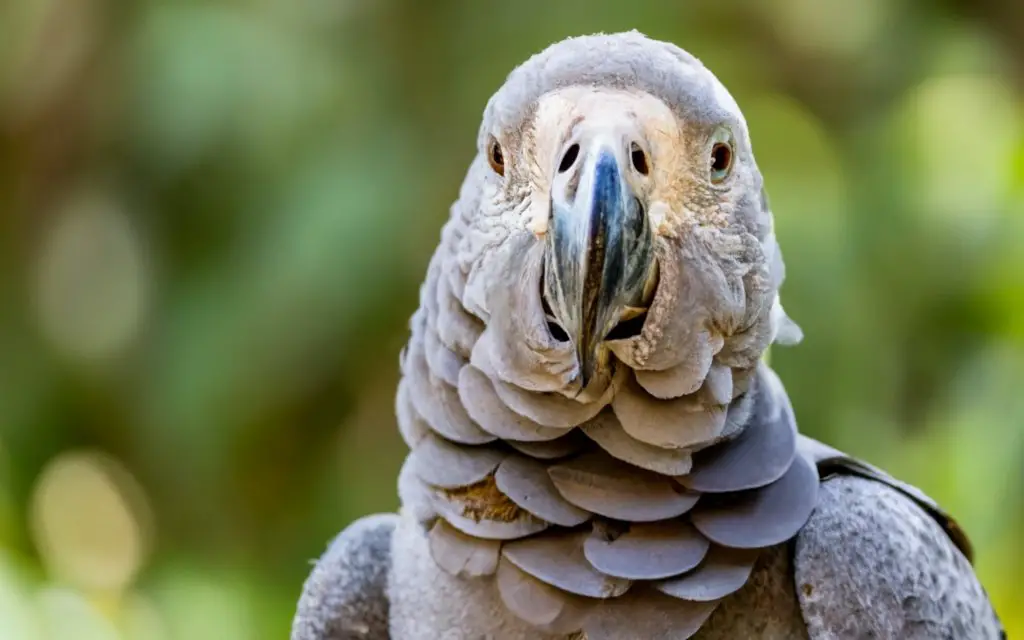
The Potential Risks of Feeding Cheese to African Grey Parrots
Feeding cheese to African Grey parrots can pose potential risks due to its high fat and sodium content, lactose intolerance, and the choking hazards it presents.
High Fat and Sodium Content in Cheese
Cheese is known for its high fat and sodium content, which can be a concern when it comes to feeding African Grey Parrots. High fat content in cheese can contribute to obesity and other health issues in parrots.
Additionally, the high sodium levels can lead to dehydration and kidney problems.
It is important to avoid feeding cheese to African Grey Parrots to ensure their overall health and well-being.
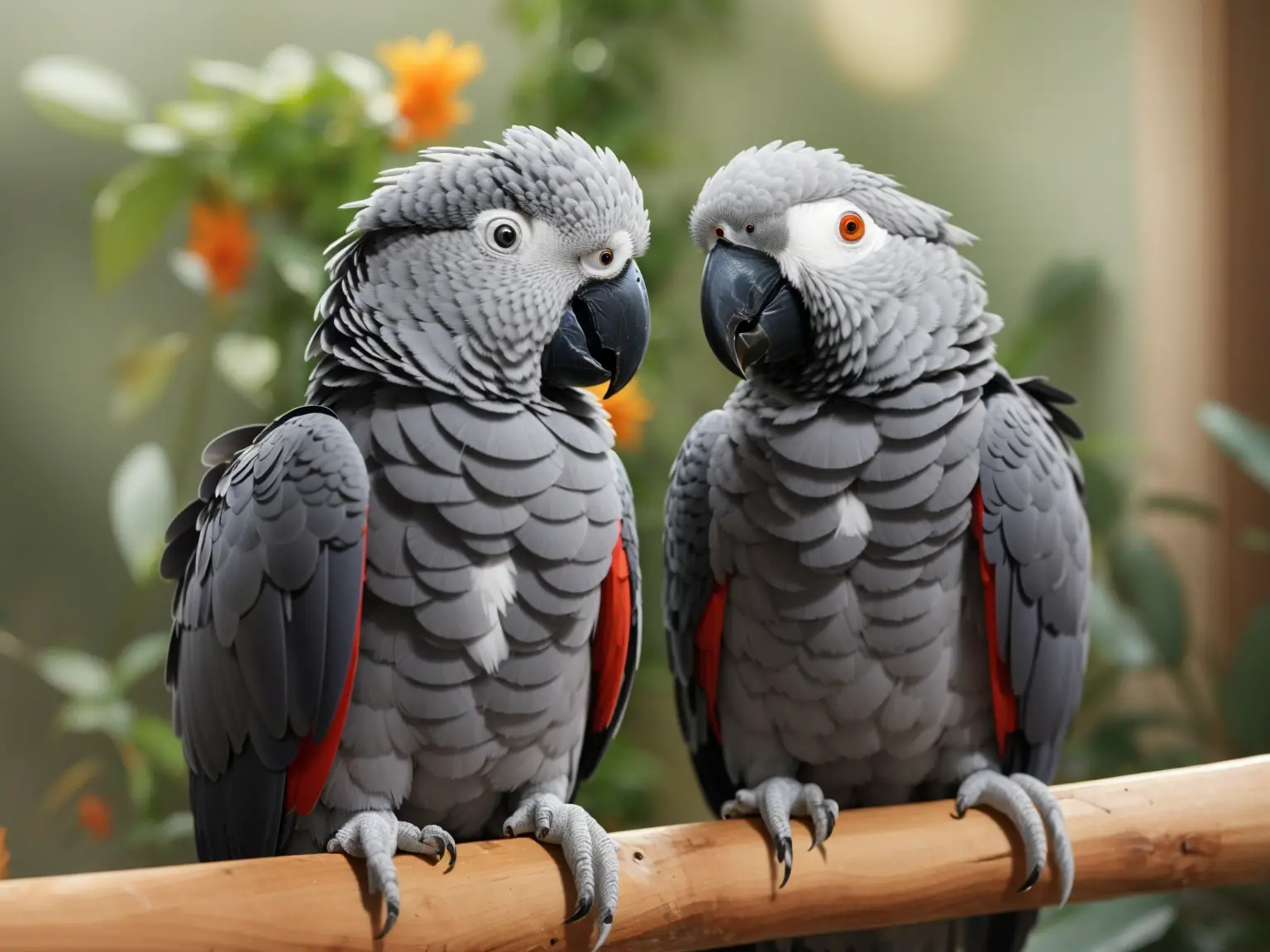
Lactose Intolerance in African Grey Parrots
Lactose intolerance in African Grey parrots is a common issue. Their bodies lack the necessary enzyme, lactase, to digest lactose, the sugar found in milk and dairy products.
Feeding them cheese or other dairy products can lead to digestive upset, including diarrhea and gas.
It’s best to avoid giving them any dairy to ensure their health and well-being.
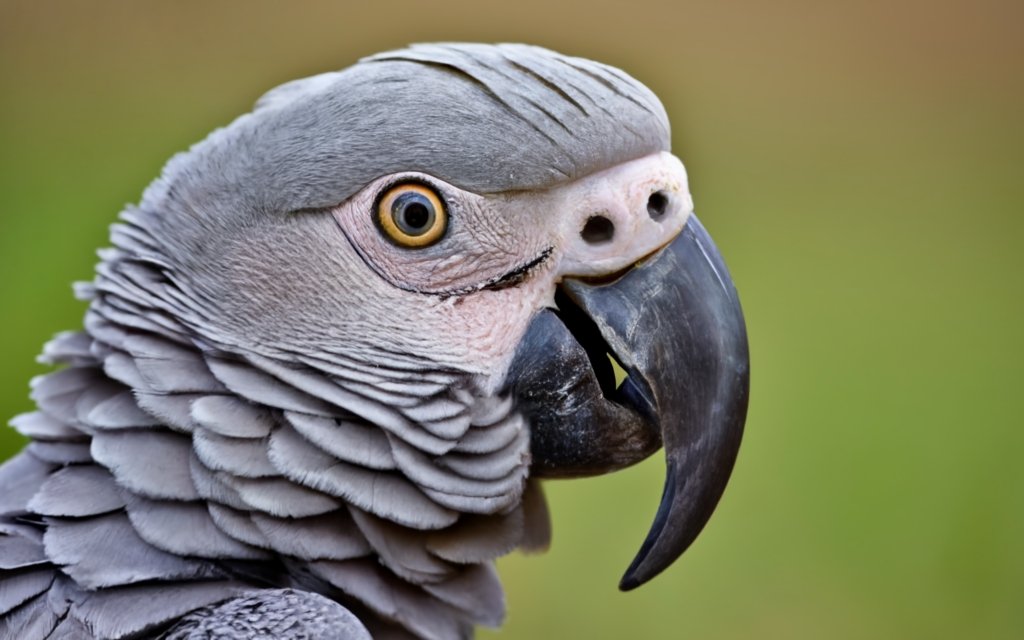
Choking Hazards of Cheese for Parrots
Choking hazards are a concern when it comes to feeding cheese to African Grey Parrots.
The texture and consistency of cheese can make it difficult for parrots to swallow, potentially leading to choking or blockages in their digestive system.
It’s important to keep their safety in mind and avoid feeding them foods that pose a risk.
Nutritional Alternatives for African Grey Parrots
Looking for alternative foods for your African Grey Parrot’s nutrition? We’ve got you covered!
Calcium-Rich Foods as Cheese Alternatives
Calcium-rich foods are essential for African Grey Parrots’ health.
Here are some alternatives to cheese that are high in calcium:
- Dark leafy greens like kale, spinach, and collard greens.
- Broccoli and Brussels sprouts.
- Sesame seeds and tahini.
- Almonds and almond butter.
- Tofu and soy products.
- Fortified non-dairy milk.
- Calcium supplements designed for parrots.
Balancing the Diet of African Grey Parrots
African Grey Parrots require a balanced diet to stay healthy. This includes a mix of high-quality pellets, fresh fruits and vegetables, a small amount of seeds, and occasional nuts.
It’s important to provide variety and monitor portion sizes to prevent obesity.
Calcium-rich foods like kale, broccoli, and fortified products are crucial. Water should always be available, and treats should be given sparingly.
Regular veterinary check-ups are essential to ensure your parrot’s diet meets its nutritional needs.
Bonding with African Grey Parrots through Healthy Feeding
One way to bond with African Grey Parrots is through healthy feeding.
Proper nutrition can help build trust and strengthen your connection with your parrot.
Importance of a Balanced Diet for Parrot Health
A balanced diet is crucial for the health of African Grey Parrots. It provides them with the necessary nutrients to support their growth, immune system, and overall well-being.
By ensuring that their diet is varied and includes a combination of fruits, vegetables, seeds, grains, and protein sources, you can help prevent nutrient deficiencies and promote optimal health.
Additionally, a balanced diet contributes to the development of strong feathers, proper digestion, and a healthy body weight. By prioritizing their diet, you can ensure that your African Grey Parrot leads a long and healthy life.
Establishing Trust and Connection with Parrots
Establishing trust and connection with parrots is essential for building a strong bond. Spend quality time with your parrot, talking and interacting with them.
Be patient and consistent with your actions.
Offer treats as positive reinforcement. Avoid sudden movements or loud noises that may startle them.
It takes time, but with love and patience, you can build a deep connection with your parrot.
Positive Reinforcement Techniques for Parrot Training
Positive reinforcement is an effective approach to train African Grey Parrots.
Use rewards like treats, praise, and affection to encourage desired behaviors.
Break training into small, manageable steps, and be patient and consistent.
Clicker training can also be helpful for establishing clear communication with your parrot.
Frequently Asked Questions about African Grey Parrots’ Diet
Can African Grey Parrots Eat Dairy Products?
No, African Grey Parrots should not eat dairy products.
Their digestive systems are not equipped to process lactose, a sugar found in dairy.
The high fat and sodium content in cheese can also be harmful to their health.
Stick to a balanced diet of fresh fruits, vegetables, and specially formulated parrot pellets to keep your African Grey Parrot healthy and happy.
What Other Human Foods Should Be Avoided?
Some human foods that should be avoided when feeding African Grey Parrots include chocolate, caffeine, alcohol, avocado, onions, garlic, mushrooms, and foods high in sodium, sugar, and fats. These foods can be toxic or harmful to their health, so it’s best to stick to a diet specifically designed for them.
Final Verdict
African Grey Parrots are fascinating and intelligent creatures with specific dietary needs.
While cheese is not recommended for these birds due to its high fat and sodium content, as well as the potential for lactose intolerance and choking hazards, there are plenty of other nutritious food options available.
By providing a balanced diet, parrot owners can not only ensure their bird’s physical health but also establish a strong bond and connection through positive reinforcement techniques.
Remember to consult with a veterinarian for specific dietary recommendations and to introduce new foods gradually.


